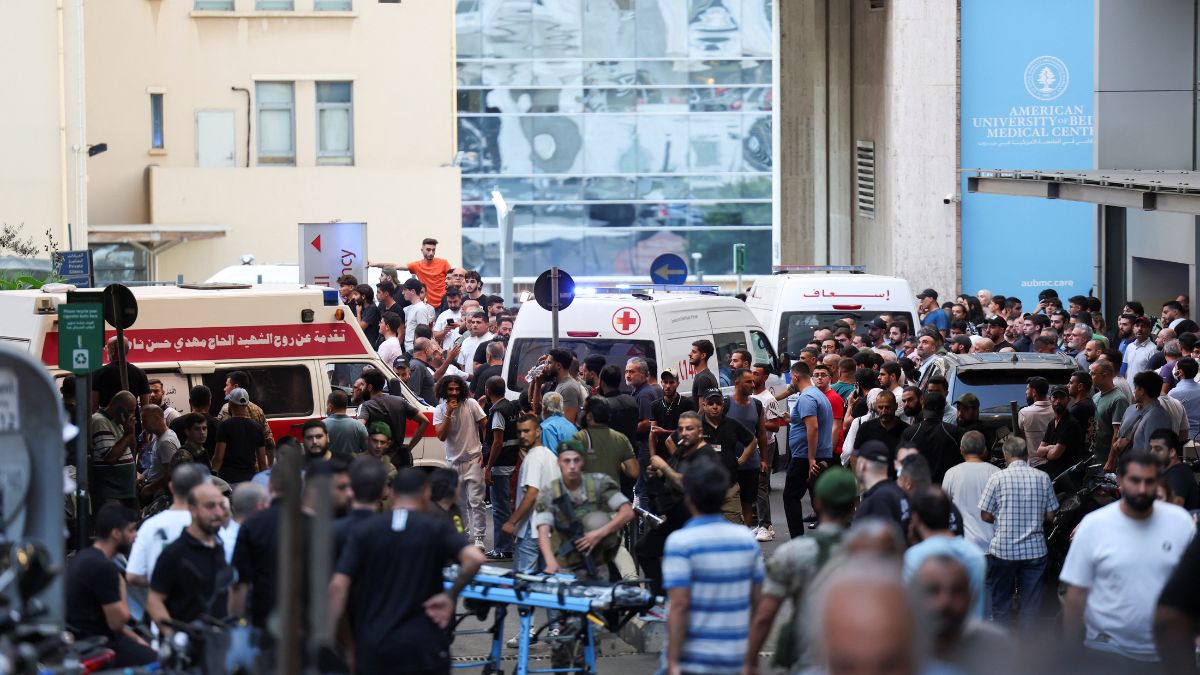The coordinated pager explosion that killed nine people, including a young girl, and injured nearly 3,000 others beeped about 10 seconds before they exploded.
A member of Iran’s Revolutionary Guard Corps told the New York Times that the pagers used by Hezbollah terrorists beeped for several seconds, prompting the users to bring them close to their faces and read the message.
Iran’s ambassador to Lebanon also held his pager up close after it beeped for a few seconds, the IRGC member said. The envoy Mojtaba Amini has lost one eye while the other one is seriously injured.
While Israel has not claimed responsibility for the attack, a Lebanese senior official has told Reuters that the country’s intelligence service Mossad planted explosives inside 5,000 pagers imported by Lebanese group Hezbollah months before Tuesday’s detonations.
The Lebanese security source said the pagers were from Taiwan-based Gold Apollo, but the company said in a statement it did not manufacture the devices. It said they were made by a company called BAC which has a licence to use its brand, but gave no more details.
Following the deadly attack, Hezbollah vowed retaliation and said that “the resistance will continue today, like any other day, its operations to support Gaza, its people and its resistance which is a separate path from the harsh punishment that the criminal enemy (Israel) should await in response to Tuesday’s massacre”.
Lebanon says pagers made in Taiwan, manufacturer says no
Meanwhile, Gold Apollo founder Hsu Ching-Kuang said the pagers used in the explosion were made by a company in Europe that had the right to use the firm’s brand, the name of which he could not immediately confirm. The company in a statement named BAC as the firm, but Hsu declined to comment on its location.
Impact Shorts
More Shorts“The product was not ours. It was only that it had our brand on it,” Hsu told reporters at the company’s offices in the northern Taiwanese city of New Taipei on Wednesday.
Shortage of eye doctors makes treatment difficult
Most of the affected people had grave injuries in their eyes and hands but a shortage of eye surgeons is delaying treatments.
Iran, meanwhile, has offered to airlift some of the injured people for treatment in Tehran, Lebanon’s foreign minister, Abdallah Bou Habib said.
With inputs from agencies


)

)
)
)
)
)
)
)
)



